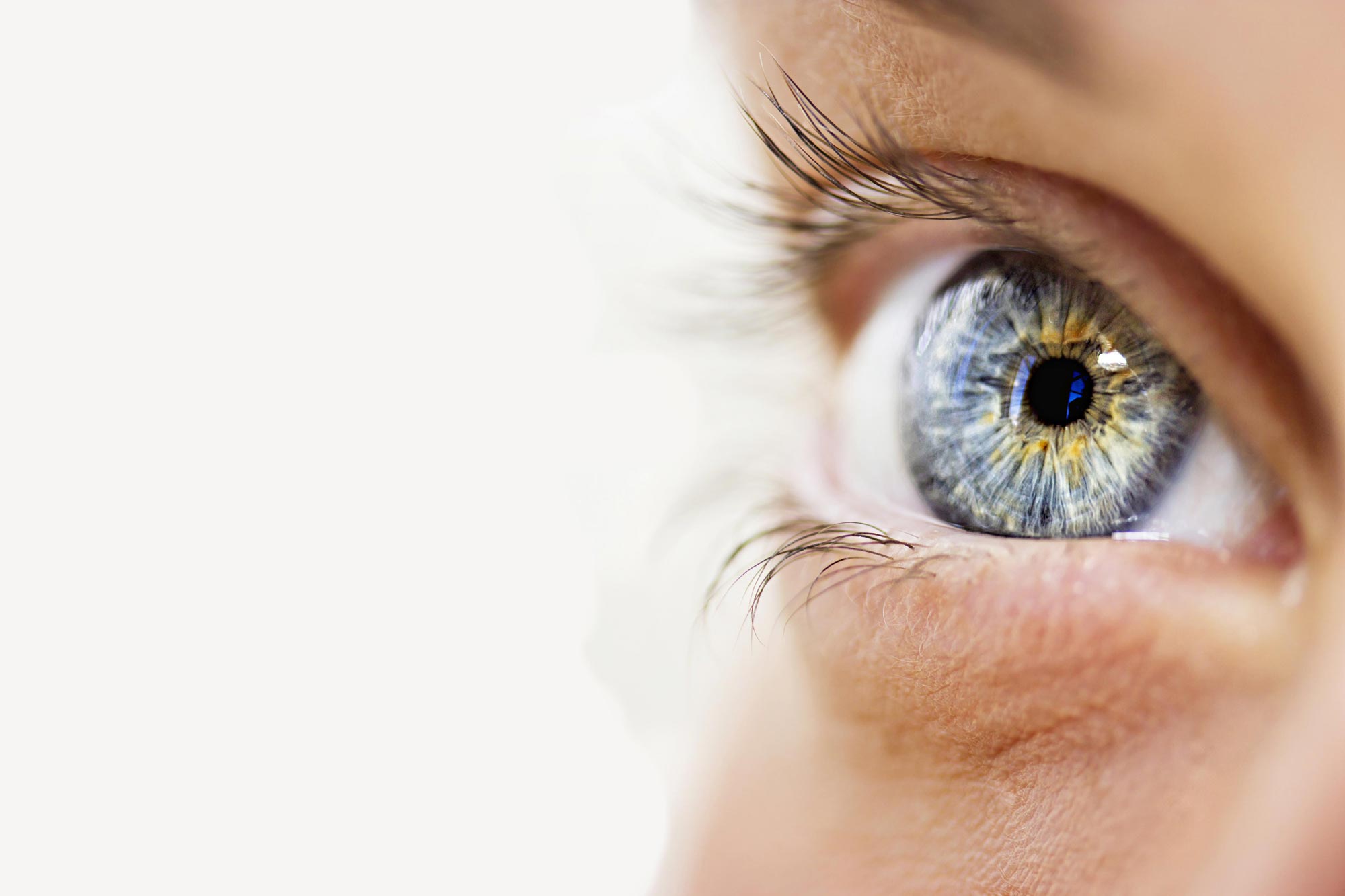Ophthalmologist in Andalusia: Trusted Specialists for Vision Health
Ophthalmologist in Andalusia: Trusted Specialists for Vision Health
Blog Article
Is Refractive Surgery Right for You? Variables to Think About for Better Eyecare
In the realm of eye care, the choice to go through refractive surgery is a crucial one that requires thoughtful factor to consider. From the intricacies of one's eye wellness to the ins and outs of individual expectations and day-to-day habits, each facet holds value in the broader landscape of refractive surgical treatment candidacy.
Eye Health And Wellness Analysis
When taking into consideration refractive surgical procedure, a comprehensive eye wellness examination is important to assess the suitability of the procedure for each and every individual. neurologist andalusia. This assessment includes a collection of examinations and examinations carried out by an eye treatment specialist to determine the overall health and wellness of the eyes, the presence of any underlying problems, and the stability of the refractive error
During the examination, various aspects are thought about, such as the person's clinical background, present eye prescription, corneal thickness, pupil dimension, and tear movie high quality. These assessments assist to determine any kind of contraindications to refractive surgical procedure, such as corneal irregularities, cataracts, or neglected eye infections. In addition, the examination assists to take care of individual expectations relating to the prospective end results of the surgical procedure based on their one-of-a-kind eye attributes.
Eventually, the eye health and wellness evaluation is necessary in ensuring the safety and security and efficiency of refractive surgical treatment, as it provides important understandings into the individual's eye wellness condition and aids determine one of the most ideal therapy options for achieving ideal visual outcomes. (eye doctors in andalusia)
Way Of Life Evaluation
A detailed way of living assessment is integral in identifying the suitability of refractive surgical treatment for a person's aesthetic improvement needs. Way of living factors such as occupation, leisure activities, and daily tasks play an important role in the decision-making procedure regarding refractive surgery. Individuals with careers that entail a high degree of physical activity or exposure to environmental elements may have various visual demands compared to those with sedentary desk jobs. Understanding just how an individual's way of living might affect their vision post-surgery is necessary for taking care of assumptions and ensuring ideal outcomes.
Moreover, way of life behaviors such as sports involvement, outdoor tasks, and even skincare routines can influence the healing process and overall success of refractive surgical procedure. As an example, individuals that engage in contact sports might require to take added precautions to secure their eyes during the recuperation duration. Furthermore, individuals with considerable sun direct exposure might call for additional post-operative treatment to protect against difficulties. By performing a detailed lifestyle analysis, eye treatment specialists can customize their referrals and therapy strategies to fulfill the distinct requirements of each person, ultimately resulting in improved visual results and satisfaction.
Assumption Positioning

Patients need to comprehend that while numerous people accomplish 20/20 vision or better adhering to refractive surgical treatment, some may still need glasses for specific tasks like reading or driving at evening. Handling these assumptions helps prevent disappointment and discontentment post-surgery, leading to an extra favorable total experience for the person.
Danger Analysis

Variables that may enhance the threat of issues include age, specific clinical conditions like autoimmune conditions, unsteady vision prescription, thin corneas, and impractical individual assumptions. Additionally, selecting a proficient and knowledgeable surgeon, adhering to pre and post-operative care guidelines diligently, and divulging any appropriate clinical background can aid reduce risks.
To minimize the probability of problems, eye doctors perform thorough pre-operative evaluations to identify any type of contraindications to surgical procedure. They likewise review the possible dangers and advantages with people during the consultation procedure. By taking part in open communication and shared decision-making, both the eye doctor and the person can collaborate to figure out if refractive surgery is the right option based on private risk profiles and desired end results.
Appointment Importance
Considering the vital role of notified decision-making in analyzing risks and possible difficulties in refractive surgical treatment, the consultation procedure holds significant importance in directing clients in the direction of ideal outcomes. During the consultation, the ophthalmologist examines the individual's eye health and wellness, refractive errors, and general suitability for surgical treatment. This preliminary assessment is critical in determining the most appropriate treatment for every individual, thinking about factors such as corneal thickness, student dimension, and existing eye conditions.
In addition, the assessment offers as an opportunity for patients to discuss their assumptions, concerns, and any kind of questions they might have concerning the surgical procedure. Clear interaction between the person and the surgeon is important to ensure reasonable expectations and a comprehensive understanding of the prospective dangers and benefits involved.
In addition, the examination enables the specialist to describe the various medical options readily available, their respective results, and the post-operative treatment have a peek at these guys called for. This comprehensive discussion empowers individuals to make knowledgeable decisions concerning their eye care, resulting in better satisfaction and outcomes post-surgery.
Verdict
In final thought, people taking into consideration refractive surgical procedure needs to undertake a detailed eye health assessment, analyze their way of living routines, align their expectations with potential outcomes, evaluate the involved dangers, and prioritize examinations with eye care experts. These elements play a critical function in determining the suitability of refractive surgical procedure for each person, making certain ideal end my explanation results and complete satisfaction with the procedure.
Clients considering refractive surgical treatment commonly have high assumptions concerning the results, expecting excellent vision without the requirement for glasses or call lenses. While refractive surgical treatment can considerably enhance vision and minimize dependency on visual aids, it is crucial for people to recognize that results may differ based on private factors such as the degree of refractive mistake, corneal thickness, and general eye health.
By involving in open communication and shared decision-making, both the eye doctor and the person can function together to establish if refractive surgery is the ideal choice based on specific risk accounts and wanted end results.
Considering the critical duty of notified decision-making in analyzing threats and potential problems in refractive surgery, the assessment process holds substantial importance in directing people in the direction of optimal end results. Throughout the consultation, the ophthalmologist assesses the person's eye health and wellness, refractive mistakes, and overall suitability for surgery.
Report this page